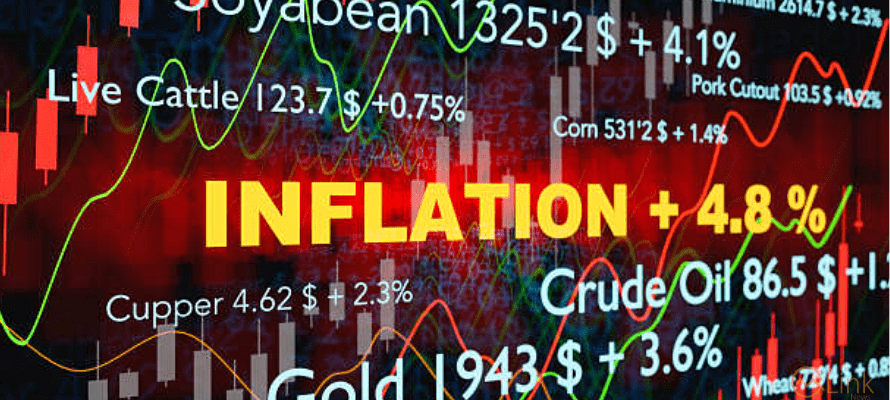ISLAMABAD: Headline inflation for June rose to 12.6% year-on-year, according to data from the Pakistan Bureau of Statistics (PBS) released on Monday. This increase is up from the 11.8% recorded in May but remains significantly below the average inflation rate of 23.4% for the financial year ending June 30.
Month-on-month, the Consumer Price Index (CPI), which measures inflation based on a basket of goods and services, increased by 0.5% in June. This rise aligns with forecasts from both the State Bank of Pakistan and the finance ministry, which had anticipated a spike due to Eidul Azha holiday spending.
The inflation rate has eased from its historic high of 38% in May 2023, providing some relief for an economy grappling with high inflation and low growth. Last month, the central bank reduced the main interest rate by 150 basis points, bringing it down from a historic high of 22%—the first cut in nearly four years.
Finance Minister Muhammad Aurangzeb expects further interest rate cuts this year as inflation continues to fall. Lower interest rates are crucial for the government as it aims to reduce its fiscal deficit to 5.9% of GDP, with interest on local debt being a significant component. Fiscal tightening is a key aspect of ongoing bailout negotiations with the International Monetary Fund (IMF).
The government is seeking a long-term bailout of $6-$8 billion and aims to secure an agreement this month following the passage of a tax-heavy budget. However, the State Bank’s monetary policy statement last month warned of a potential uptick in inflation beyond the seasonal rise, citing expected taxation measures in the annual budget.
Economic analysts suggest that the government’s efforts to balance fiscal discipline with growth could face challenges if inflationary pressures persist. “The key will be how effectively the government can manage its spending and revenue collection in the coming months,” said an economist from the Pakistan Institute of Development Economics.
In addition to domestic fiscal measures, Pakistan’s economic outlook will also be influenced by global commodity prices and exchange rate stability. The government has been keen on maintaining foreign exchange reserves to ensure the stability of the Pakistani rupee, which has faced depreciation pressures over the past year.
The PBS data also highlighted significant price increases in food and energy sectors, which disproportionately affect lower-income households. This has prompted calls for targeted subsidies and social safety nets to protect vulnerable populations.
Overall, while the reduction in headline inflation from its peak is a positive development, the economic situation remains fragile. Policymakers are under pressure to implement measures that foster sustainable growth without exacerbating inflationary trends. As the government continues its negotiations with the IMF, the effectiveness of its economic policies will be closely watched by both domestic and international stakeholders.


